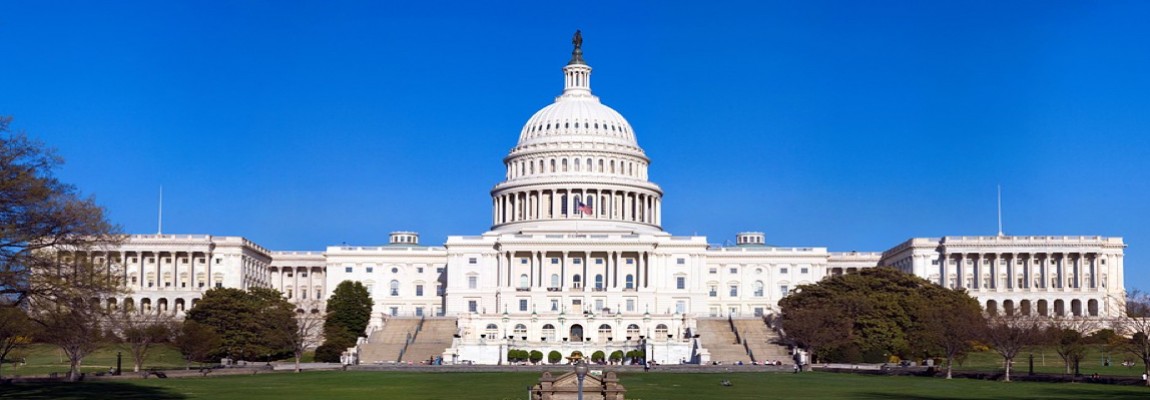The aim of the IEEE International Conference on Automatic Face and Gesture Recognition (FG’17) Doctoral Consortium is to provide a forum for PhD students to discuss their research and career
objectives with the international research community. FG’17 Doctoral Consortium aims to provide a networking environment that will enable the doctoral students to establish new contacts and
collaborations with other researchers and to equip the new generation of bright researchers with career options in academia and industry.
The Doctoral Consortium will be a half-day event, starting with a catered lunch combined with an informal introduction by senior researchers and followed by discussions with attendees. Attendance will be by invitation only. During oral sessions, the accepted student participants will present their research and will receive feedback from the invited committee. The students will also present their work during a poster session in the main conference, to receive feedback from the rest of the community.
Eligible students are invited to apply for the Doctoral Consortium. Successful applicants are expected to actively participate in the whole program, whereas their co-authors are expected to attend the Doctoral Consortium and the main conference poster session. DC papers will be published online on the FG’17 website.
Eligibility
We encourage submissions from PhD students who are already working on their dissertations with some results already published or close to publication. We encourage diversity and equality, both in terms of research topics as well as participating institutions and individuals. We do not expect more than two students to be invited from each institution to represent a diverse sample. Women are especially encouraged to apply. It is not necessary to have a paper appearing in FG’17 in order to apply to participate.
Submission
To apply for the Doctoral Consortium, please submit:
- A research statement to summarize the research topic, the working plan, and the progress to date (max 2 pages).
- A CV (max 1 page).
- An extended abstract (max 4 pages) following the FG’17 paper format. It should describe the research vision of the applicant, a brief summary of the work till date and a discussion of future plans and challenges. The work should still be in progress.
- A supporting letter from the thesis advisor that endorses the student’s application to this Doctoral Consortium and briefly describes the progress or status of the student’s thesis work.
All materials should be prepared in PDF format and submitted through the FG submission system (https://cmt.research.microsoft.com/FG2017/) in the “Doctoral Consortium” track. Accepted papers will be published on the FG’17 website.
Review and Selection Process
All submissions will be peer-reviewed by TPC members. Paper topics should be related to the conference topics. Submissions will be evaluated on:
- Quality of the submission.
- Expected benefits for the student’s research.
- Student’s contribution to the diversity of topics, backgrounds, methodology, etc.
Accepted papers will be included in conference proceedings.
Financial Support
Only students selected for participation in the Doctoral Consortium are considered for financial support for travel, lodging and registration expenses. The number and size of the offers of financial support are contingent upon available funds.
Important Dates
- Submission deadline: February 15, 2017
- Notification of acceptance: February 24, 2017
- Camera-ready deadline: March 3, 2017
- Doctoral consortium date: TBA, 2017
More information
For more information and updates on the IEEE FG’17 Doctoral Consortium, visit the Doctoral Consortium page (http://www.fg2017.org/participate/doctoral-consortium/) of the main conference website: http://www.fg2017.org For further questions, contact the Doctoral Consortium Chairs Anna Esposito (iiass.annaesp@tin.it) and Ronald Poppe (r.w.poppe@uu.nl).
Accepted papers
Accepted doctoral students
1. Artificial Social Intelligence: A Visual Perspective, Behnaz Nojavanasghari (Carnegie Mellon University, USA)
2. Automated Social Skills Coach with Real-Time Feedback on Nonverbal Cues, Mohammad Ali (University of Rochester, USA)
3. Improving Speech Related Facial Action Unit Recognition by Audiovisual Information Fusion, Zibo Meng (University of South Carolina, USA)
4. Automatic Analysis of Affect and Membership in Group Settings, Wenxuan Mou (Queen Mary University of London, UK)
5. Affect Analysis using Multimodal Cues, Shalini Bhatia (University of Canberra, Australia)
6. 3D-Aided Pose Invariant 2D Face Recognition, Xiang Xu (University of Houston, USA)
7. Robust Feature Learning for View-Unknown Image Classification, Zhengming Ding (Northeastern University, USA)
8. Deep Feature Learning for Facial Age Estimation, Hao Liu (Tsinghua University, China)
9. PPGSecure: Biometric Presentation Attack Detection Using Photopletysmograms, Ewa Nowara (Rice University, USA)
10. Study of Visual Attention in Driving Environment, Sumit Jha (University of Texas at Dallas, USA)
11. New Cyclical Pattern and Temporal-Spatial Representation for Robust Dynamic Hand Gesture Recognition, Doan Giang (Hanoi University of Science & Technology, Vietnam)
12. Learning Gestures for the First Time, Maria Cabrera (Purdue University, USA)
13. Recognition of Non-Manual Expressions in Brazilian Sign Language, Emely da Silva (University of Campinas, Brazil)
14. Automatic and Generic Assessment of the Quality of Sport Motions, Marion Morel (Université Pierre et Marie Curie, France)
15. Fall Prediction by Analysing Gait and Postural Sway from Videos, Hafsa Ismail (University of Canberra, Australia)
Reviewers and mentors
Vasileios Belagiannis, University of Oxford
Anna Cardinaletti, Università di Venezia
Jun-Cheng Chen, University of Maryland, College Park
Mathieu Chollet, USC ICT
Fernando De la Torre, Carnegie Mellon University
Abhinav Dhall, Indian Institute of Technology Ropar
Hamdi Dibeklioglu, Delft University of Technology
Anna Esposito, Seconda Università di Napoli
Yun Fu, Northeastern University
Juergen Gall, University of Bonn
Ehsan Hoque, University of Rochester
Zakia Hammal, University of Pittsburgh
Andrea Kleinsmith, University of Maryland, Baltimore County
Chan Su Lee, Yeungnam University
Simon Lucey, Carnegie Mellon University
Marwa Mahmoud, University of Cambridge
Daniel McDuff, MIT Media Lab
Costanza Navarretta, University of Copenhagen
Ronald Poppe, Utrecht University
Merlin Teodosia Suarez, De La Salle University
Federico Sukno, Universitat Pompeu Fabra
Juan Wachs, Purdue University
Zerrin Yumak, Utrecht University
